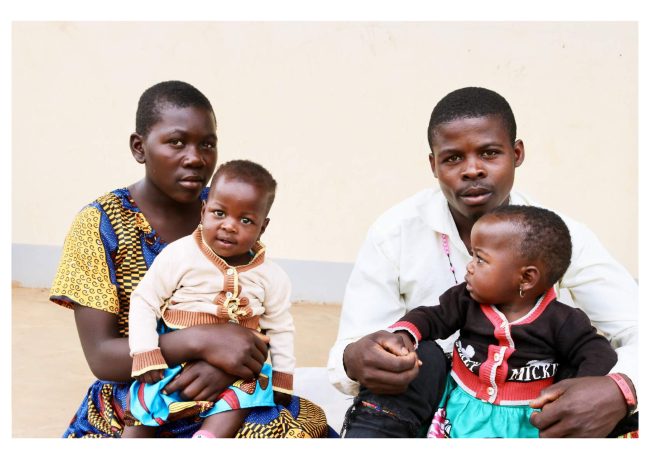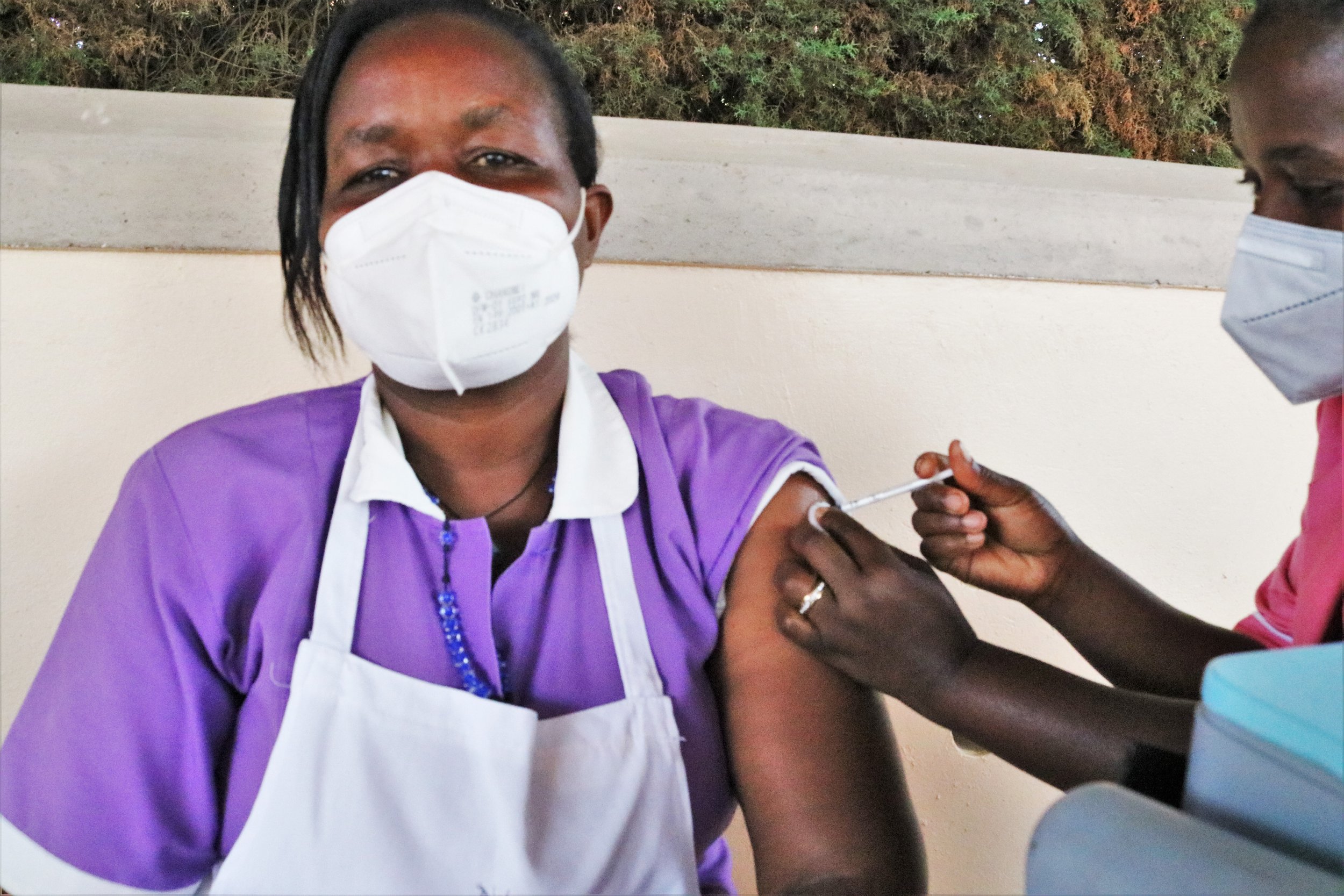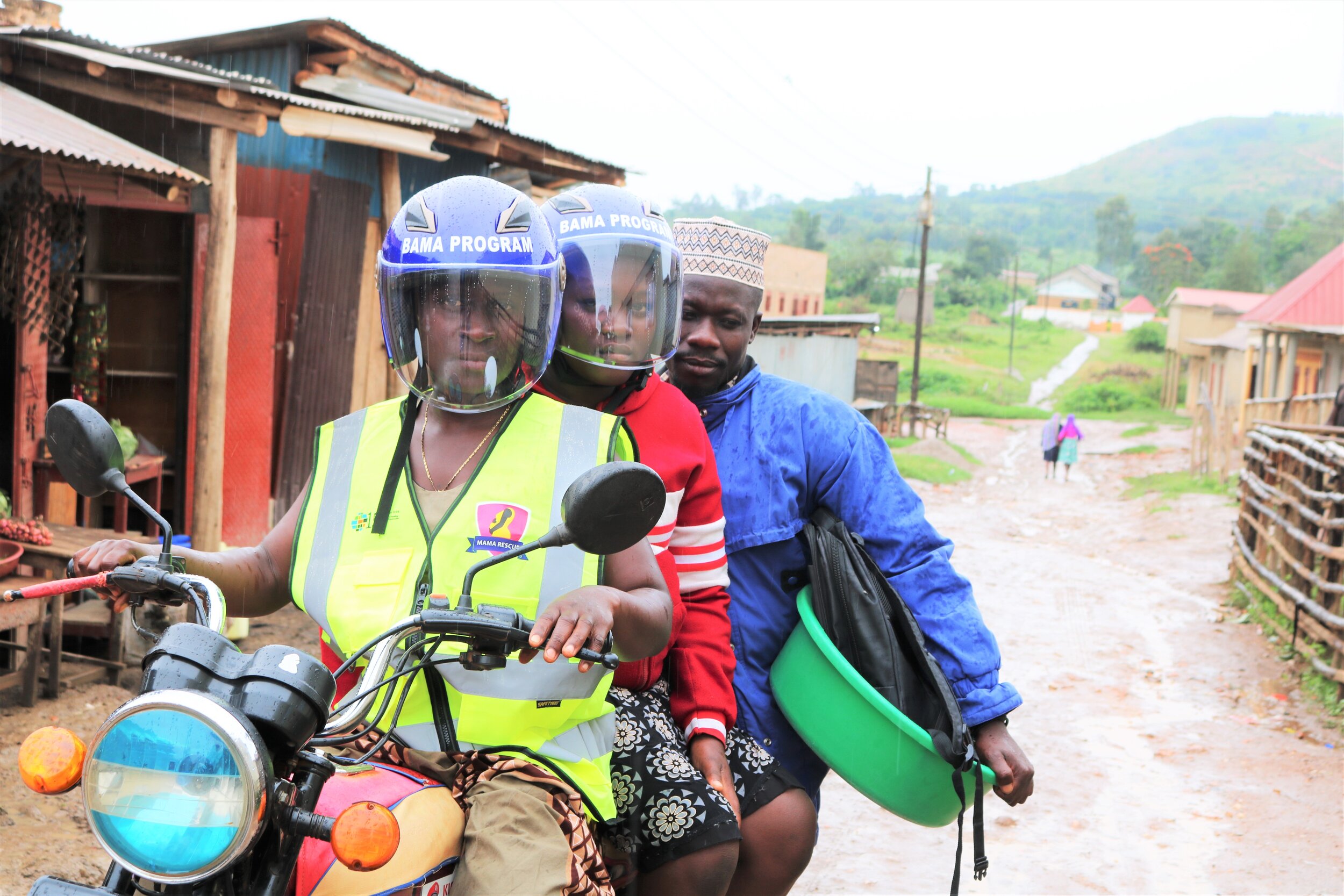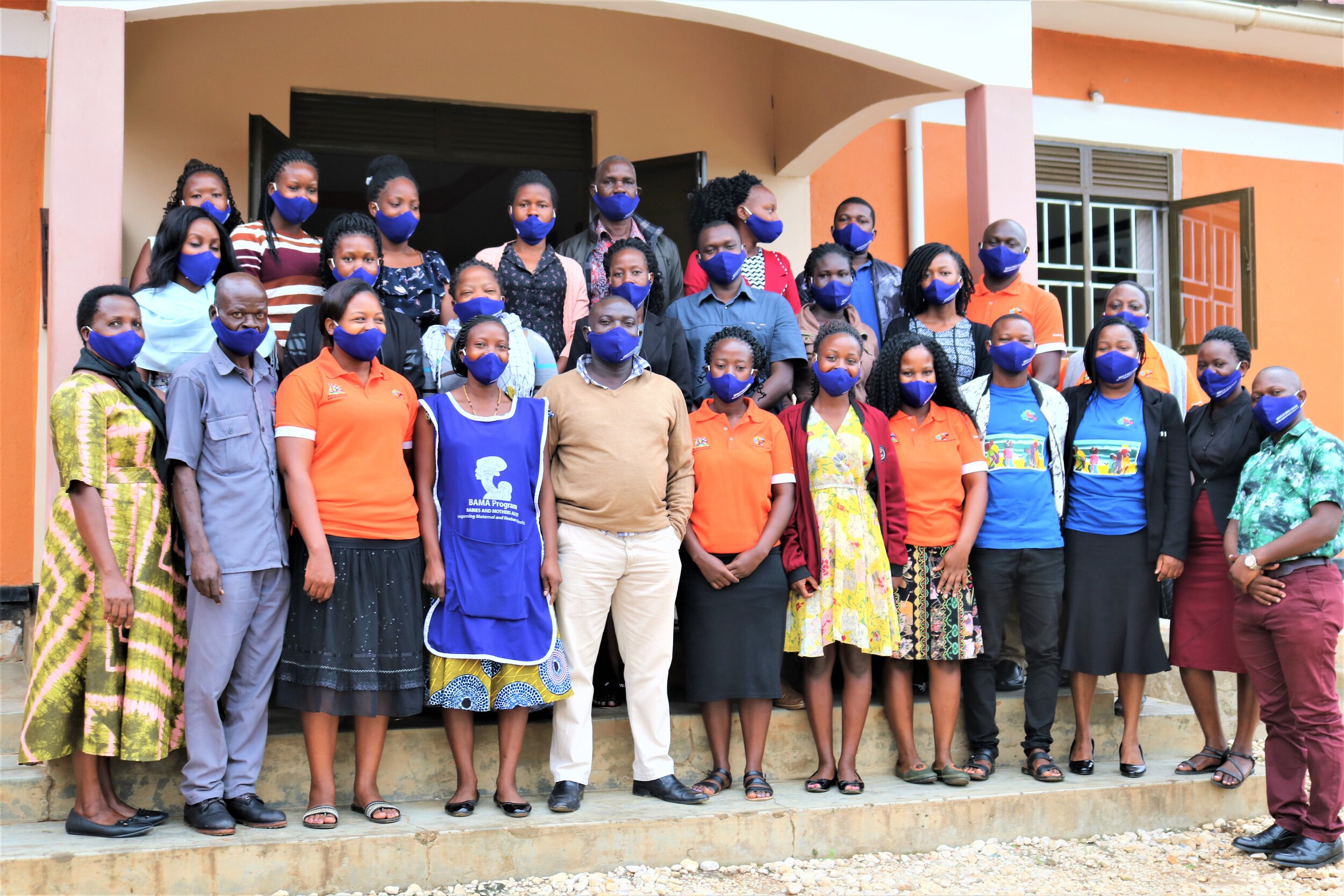Before you came to work for Brick by Brick, you were in practice at a prestigious hospital in Kampala. What inspired you to leave the big city and come to work in the rural Rakai and Kyotera Districts?
Before joining Brick by Brick Uganda as a full-time employee, I had a chance to train and mentor health workers in the Rakai and Kyotera Districts. My experience with the midwives, doctors and in the health facilities was an eye opener. It helped me understand the burden of providing quality maternal and newborn health services to our rural communities. Every time I visited a facility, I saved a life. Often the health workers did not know what to do and were sure the patient was going to die. Maternal and newborn deaths and stillbirths were, unfortunately, an accepted tragedy. The basics of labour monitoring, like listening to the fetal heartbeat with a fetoscope, and using a partograph to help guide decisions were not used and were also not available. Operating theatres were always closed. Maternity wards were left to young nursing students.
I remember that every time I stepped into Rakai or Kalisizo Hospital, I knew I was going to end up in the operating theatre with at least two complicated surgeries. I never left the hospital until late in the evening. On one occasion, the district doctor had to leave me at the operating table and practically walk away because he thought we had lost the patient after a long struggle to remove her bleeding uterus.
I taught the doctors several lifesaving skills, but even when I returned to Kampala, they kept calling me all the time to help make difficult decisions for their clients.
The lives of the women and babies that were saved in the many mentorships I led, made me decide to leave my home and do more for these communities.
What are you most proud of that the BAMA Program has accomplished?
The BAMA Program has accomplished so much, but the one thing that I am most proud of is the ability to penetrate the unseen government systems, which are key to advocating for quality maternal services. This includes changing the mindset of the district political leaders from the lowest level to the highest. The improved attitude of the District Health Teams shows that maternal and newborn health is now a priority. The attention and guidance from the Ministry of Health when we get stuck motivates us to persevere
While HIV has been well known in Rakai and Kyotera Districts, maternal health was often forgotten and was not so much of a priority until BAMA arrived. I remember the very first time I stepped into the Resident District Commissioner’s office (Representative of the President in our districts). I was trying to ask him to give us some time for technical support supervision in the health facilities. The questions I had to answer almost made me give up, since he knew only one Implementing Partner in the district and had never heard of us.
Over the past three years BAMA has become a district-led program in all its interventions, and that makes me very proud.
Over the past three years, Brick by Brick has made a major impact in improving maternal health, decreasing maternal mortality in our partnering health centers and hospitals by over 60% We know you work with limited resources, what has allowed you to see such impressive results?
This has been a collective effort of the Brick by Brick Uganda Senior Management , the Ministry of Health, District leadership, health facility administrators and health workers.
There are so many evidence-based interventions that have been proven to work in many programs. With BAMA, apart from the technical trainings in emergency obstetric and newborn care, as well as our mentorships, some things were not done according to the books. We devised our own ways that we thought would work for us with minimal resources. For example, we have invested a lot of money mentoring close to sixty midwives in our lower units. We decided to mentor the midwives and doctors in the higher units and then bring the ones from lower levels to be mentored within their respective district hospitals. Our quality improvement score cards are designed based on what we want to improve on the ground and not what is internationally used by big programs. Some of these methods have been presented to the Ministry of Health and are going to be adapted elsewhere in the country.
Our BAMA staff has also done much of the work ourselves, and this has helped us save funds that would have been spent hiring specialists. At times, we have had to move to our health centers and hospitals to manage severe complications ourselves. There have been many sleepless nights on the phone mentoring and advising health providers. I have performed major ward rounds and all the difficult surgical cases were booked by the district medical officers so that we could do them together.
I am so grateful to our funders and Executive Directors who are always willing to provide what we asked for. I recall telling my immediate supervisor that I am not going back to Rakai unless you create a small budget that will enable us have at least a needle holder for surgeries. I had done several surgeries stitching with artery forceps and using natural light with no scrubs or aprons and this was risky for my health and even my life. In a few months, headlamps were shipped in, and we had some money to purchase caesarean section sets. We used the balance to purchase delivery sets, which we opened and soon started dividing instruments according to what each of our 21 Health Center IIIs were lacking at that time.
What have been your greatest challenges?
The challenges have been many since program inception and they have kept changing and being solved. The very first one was lack of equipment in the facilities. The continuous stock outs have also been difficult. But then we decided to spend funds on providing buffer stocks, which has made a real difference.
I remember one day, a doctor in Kalisizo had booked an elective caesarean for a 40-year-old who had no living child and had undergone several other abdominal operations including myomectomies. (removal of uterine fibroids) After scrubbing and draping, as we waited for the anaesthetist to administer ketamine, we were told there was only a dose for a child. The drug store was also stocked out and the family had to buy the anaesthetic drugs from a pharmacy which was outside the hospital. Sadly, due to the delay we lost the baby. With the support of the BAMA Program and our district partners, these shortages are much less frequent but the challenges are still there.
The greatest current challenge is the lack of human resources. We now have the Saving Brains/Mama Ambassador Project, which is very exciting and challenging. The same number of staff who are supposed to implement the BAMA Program, have to also implement the Saving Brains Program. This is compromising some activities in the BAMA Program, although we try to stretch to our abilities the best we can.
























